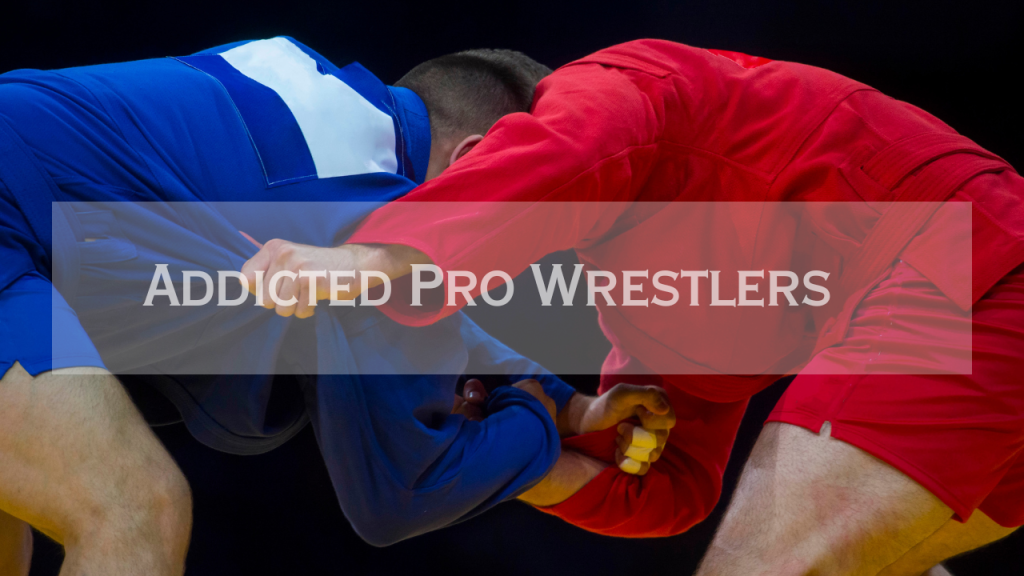
Under the bright lights and roaring crowds, professional wrestling tells stories of triumph, rivalry, and resilience. But behind the scripted drama and high-octane performances lies a far more sobering reality: the devastating toll addiction has taken on many of the industry’s stars. The spotlight may shine on their victories, but the shadows often hide their deepest struggles. Addiction in professional wrestling has been a longstanding issue, claiming lives, careers, and legacies.
Wrestlers live in a world of constant physical punishment. Night after night, they put their bodies on the line—taking falls, enduring injuries, and performing through chronic pain. In such an environment, it’s no surprise that many turn to painkillers to cope. What begins as a means to recover quickly and stay in the game can soon spiral into dependency. Over time, this dependency can extend beyond painkillers to alcohol, stimulants, and other substances, especially as the pressures of fame and travel compound the physical demands.
The lifestyle of a professional wrestler adds fuel to the fire. Constant travel, lack of sleep, time away from family, and the emotional stress of maintaining an on-screen persona leave little room for rest or mental well-being. For many, drugs and alcohol become a coping mechanism—not just for physical pain, but for the loneliness and anxiety that accompany life on the road. The culture of silence around mental health and addiction in wrestling has historically made things worse. Wrestlers are often seen as indestructible—heroes in the eyes of fans—making it difficult to admit vulnerability or seek help.
Over the years, the wrestling world has seen numerous tragic outcomes linked to substance abuse. Icons like Curt Hennig, Umaga, and Miss Elizabeth were lost too soon, their deaths serving as grim reminders of how deep the problem runs. Perhaps the most haunting case is that of Chris Benoit, whose story of addiction, mental deterioration, and ultimate tragedy rocked the industry and forced a long-overdue conversation about wellness and accountability.
In response, major wrestling organizations have begun to take steps to address addiction among their talent. WWE, for instance, implemented a Wellness Policy in 2006, aimed at drug testing, treatment options, and post-career support. While it’s a move in the right direction, critics argue that enforcement is inconsistent and doesn’t always catch the early warning signs. Independent wrestlers, who don’t have the backing of big promotions, often lack access to healthcare and addiction resources entirely.
Still, there’s hope. More wrestlers are speaking openly about their struggles, breaking the stigma and encouraging others to seek help. Superstars like Jake “The Snake” Roberts and Scott Hall have inspired many by sharing their recovery journeys, proving that it’s possible to reclaim life from addiction. Their honesty and resilience are starting to change the culture of professional wrestling from the inside out.
Addiction may be a hidden enemy in the world of wrestling, but it’s no longer an untouchable topic. The more the industry—and the fans—acknowledge the darker side of the spotlight, the more likely we are to see real change. Wrestling isn’t just about physical strength; it’s about fighting personal battles, too—and in that ring, the fight for sobriety may be the most important match of all.

Leave a Reply